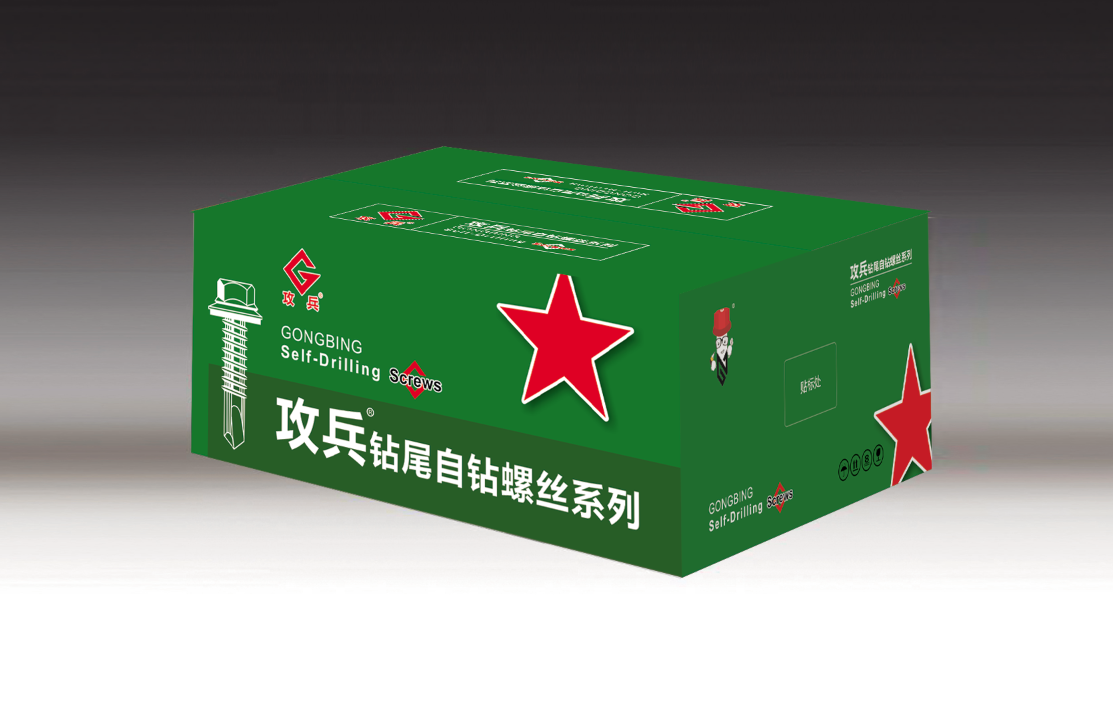M16 Resin Anchors for Enhanced Structural Support and Durability in Construction Applications
Understanding M16 Resin Anchors A Comprehensive Overview
M16 resin anchors have become a popular choice in the construction and engineering sectors due to their exceptional strength, durability, and versatility. These anchors are designed to provide reliable fixing solutions in various substrates, including concrete, brick, and masonry. As the name suggests, the M16 designation refers to the metric thread diameter of the anchor, which is 16 millimeters. This article will delve into the composition, benefits, installation process, and applications of M16 resin anchors.
Composition and Functionality
M16 resin anchors are typically made from a combination of high-strength resins and hardening agents. This composition allows the anchors to expand and cure within the drilled hole when installed. The resin forms a chemical bond with the surrounding substrate, creating a powerful hold that can withstand dynamic loads and vibrations. This feature makes M16 resin anchors particularly useful in heavy-duty applications where traditional mechanical anchors may fail.
One of the key advantages of resin anchors is their ability to be used in damp or wet conditions. Unlike some mechanical fasteners, which may rust or corrode over time, resin anchors maintain their integrity even in harsh environments. This characteristic is essential for applications in coastal regions or areas with high humidity.
Benefits of M16 Resin Anchors
1. High Load Capacity M16 resin anchors are engineered to support substantial loads, making them suitable for various applications, from structural reinforcements to securing heavy equipment.
2. Ease of Installation The installation process of resin anchors is relatively straightforward. Once the hole is drilled, the resin is injected, and the anchor rod is inserted. This simplicity allows for quicker project completion.
3. Resistance to Corrosion and Chemicals The resin composition offers excellent resistance to corrosive elements, including seawater, acids, and alkalis. This makes them ideal for industrial and marine environments.
4. Versatility M16 resin anchors can be used in a wide range of applications, including anchoring machinery, securing railings, and supporting structures. Their adaptability makes them a top choice for many builders and engineers.
5. Minimal Hole Size Requirement The design of resin anchors often allows for smaller hole sizes compared to traditional anchors, which can reduce the potential for cracking in surrounding materials.
m16 resin anchors

Installation Process
The installation of M16 resin anchors involves several critical steps to ensure a secure and effective bond
1. Preparation Begin by selecting the appropriate resin and anchor type based on the specific application and substrate. It's crucial to read the manufacturer's guidelines to ensure compatibility.
2. Drilling the Hole Use a rotary hammer or drill to create a hole in the desired location. The diameter and depth of the hole should correspond to the specifications provided by the resin anchor manufacturer.
3. Cleaning the Hole After drilling, it’s essential to clean the hole to remove any dust, debris, or moisture. This step is critical, as contaminants can weaken the bond between the resin and substrate.
4. Injecting the Resin Once the hole is clean, inject the resin into the hole. Follow the manufacturer's instructions on the mixing ratio and curing times.
5. Insertion of the Anchor Insert the M16 anchor rod into the resin-filled hole. Make sure it is well-positioned and pushed to the required depth.
6. Curing Allow the resin to cure as per the manufacturer's recommendations. The curing time may vary based on environmental conditions and the specific resin used.
Applications
M16 resin anchors are widely used across various industries, including construction, automotive, and marine. They are ideal for securing equipment, supporting façade systems, anchoring railings, and bolting structural elements to concrete foundations.
In conclusion, M16 resin anchors are an innovative solution for achieving strong, durable, and reliable anchoring in demanding environments. Their benefits, ease of installation, and versatility make them a preferred choice for many professionals in the construction field. Whether you are working on a large-scale project or a minor renovation, incorporating M16 resin anchors can significantly enhance the safety and performance of your structures.
-
Weatherproof Plastic Expansion Anchors for OutdoorNewsJun.06,2025
-
Sustainability in the Supply Chain: Eco-Friendly TEK Screws ProductionNewsJun.06,2025
-
Load-Bearing Capacity of External Insulation FixingsNewsJun.06,2025
-
Double Head Bolts: Enhancing Efficiency in Industrial MachineryNewsJun.06,2025
-
Corrosion Resistance in Chipboard Screws: Coatings for Wholesale DurabilityNewsJun.06,2025
-
Butterfly Toggle Bolts : Enhancing Structural ResilienceNewsJun.06,2025
